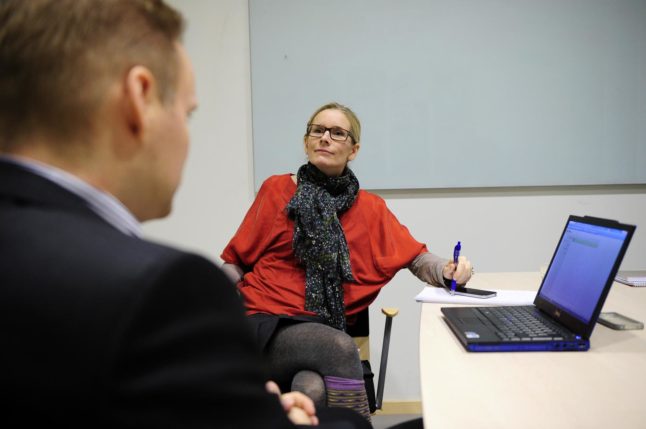For the July-September period, the company reported that net profit more than halved to 704 million kronor ($106.54 million) from 1.56 billion kronor in the same period of last year.
The steep drop was largely linked to an expected goodwill write-down linked to the divestment of the instruments and implants part of Sandvik MedTech, and the result was still far better than estimates of analysts polled by the Dow Jones Newswires, who had expected it to post a net profit of 515 million kronor for the quarter.
Sandvik meanwhile logged 23.53 billion kronor in sales for the quarter, which was also above analyst expectations of 22.61 billion.
“With the exception of certain segments, the business climate was positive in the third quarter and favourable development was reported for order intake and invoiced sales,” company chief executive Olof Faxander said in the earnings statement, pointing out that “seasonally, the third quarter is normally the year’s weakest.”
Meanwhile, the company was taking measures to protect itself against the growing global economic crisis.
“In light of the increasing sense of uncertainty as regards the macro-economic conditions in the market, we are increasing the level of readiness to manage any weakening of the economy in forthcoming quarters,” he said.
Putting in place a new strategy introduced last month was part of that preparedness, he said, adding this process was going according to schedule.
In a separate statement Tuesday, Sandvik said its new corporate strategy would entail “a personnel reduction of 365 employees in Sweden,” and that it aimed to cut costs by around 500 million kronor over the next two to three years.
Following Tuesday’s news, Sandvik saw its share price fall 4.49 percent to 86.00 kronor in early afternoon trading on a Stockholm stock exchange down 3.88 percent.


 Please whitelist us to continue reading.
Please whitelist us to continue reading.
Member comments